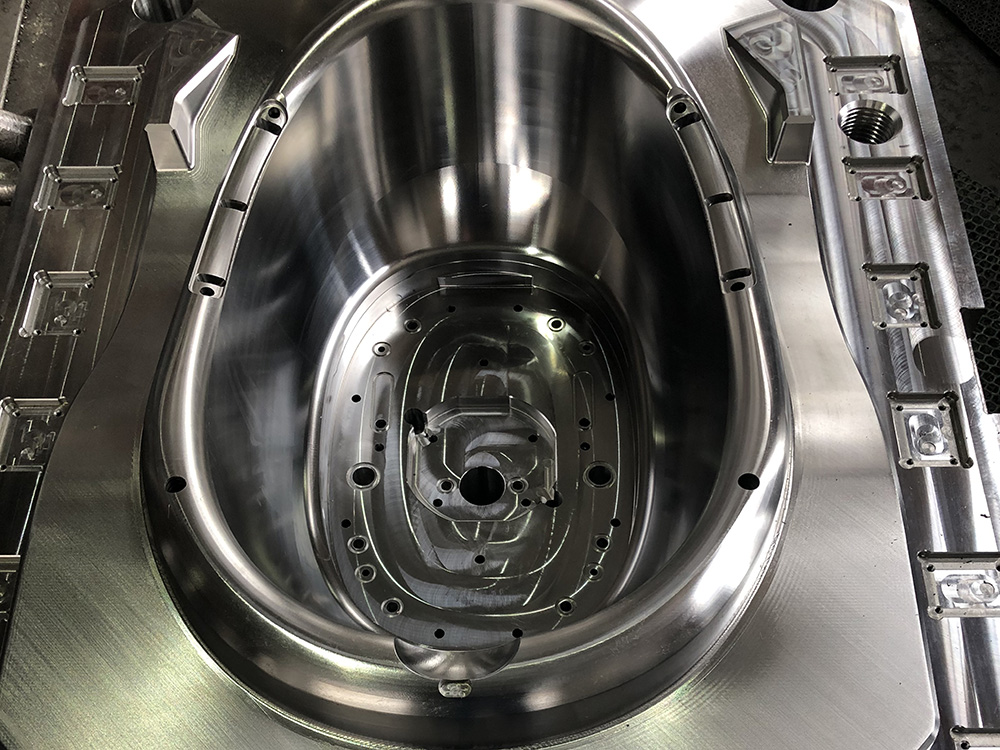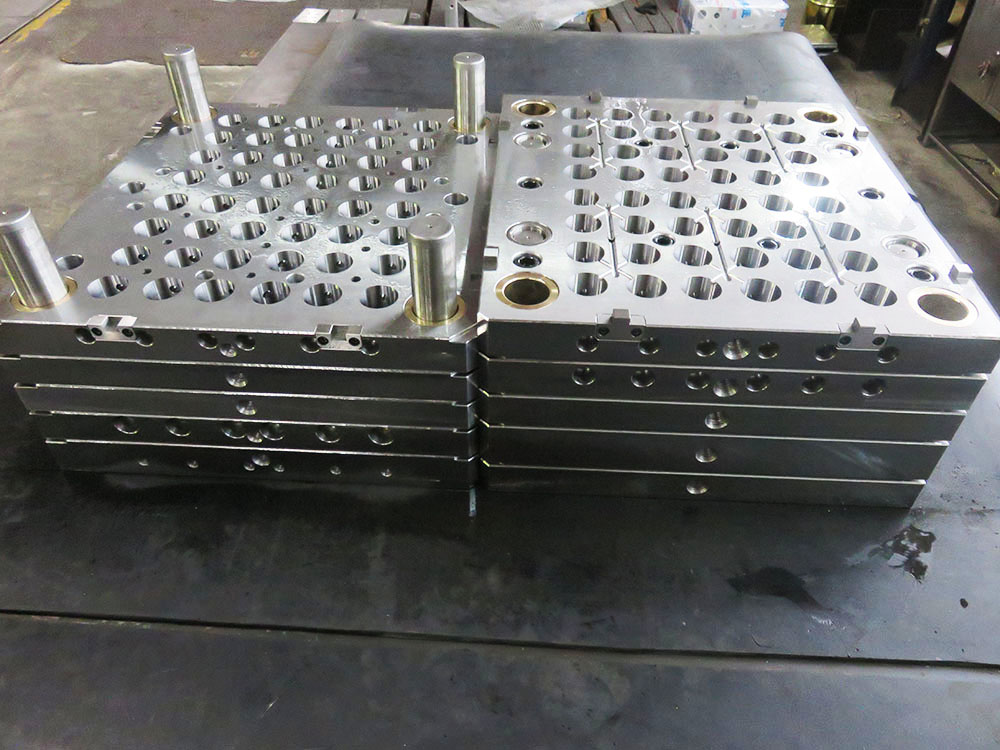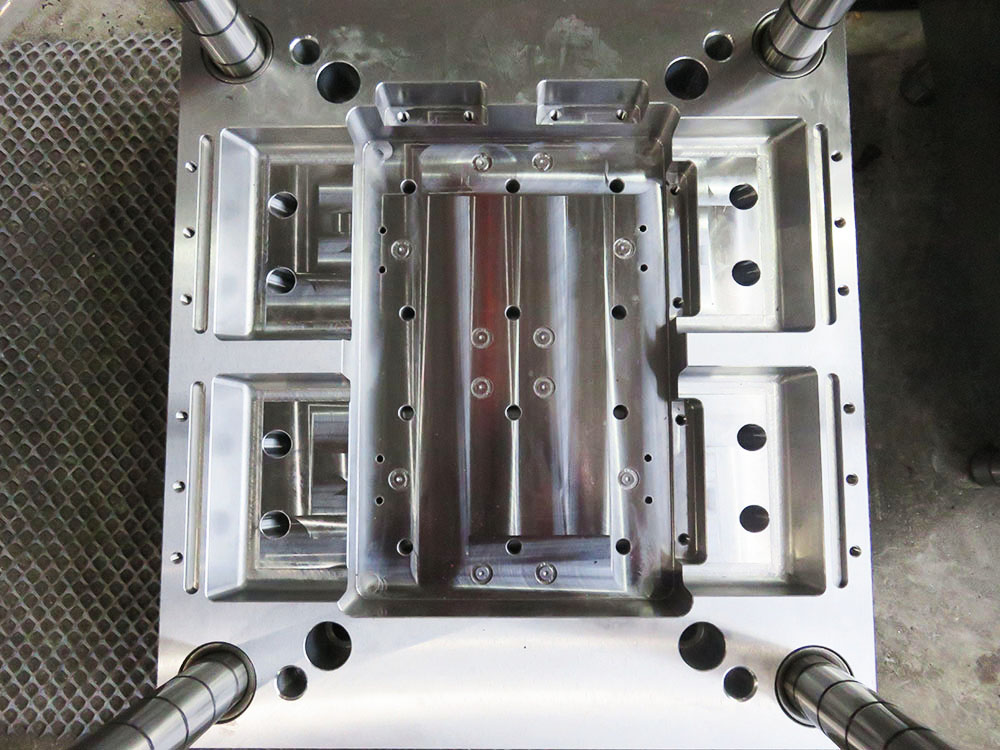The Requirements for Processing in a Modular Construction Plant
A modular construction plant is a manufacturing facility where modular components or units are produced and later assembled to construct various structures such as residential buildings, offices, schools, and hospitals. This innovative method of construction offers numerous advantages, including cost-efficiency, shorter project timelines, and improved quality control. To successfully carry out the processing of modular construction, certain requirements need to be fulfilled. In this article, we will examine the key factors that a modular construction plant should consider for efficient processing.
1. Adequate Space
A modular construction plant requires a significant amount of space to accommodate manufacturing processes, assembly lines, storage areas, and office facilities. The size of the plant should be determined based on the projected production capacity and the scale of projects being undertaken. Sufficient space is essential for seamless workflow, proper organization of materials and components, and efficient movement of workers and machinery.
2. Modern Machinery and Equipment
A well-equipped modular construction plant should be equipped with modern machinery and equipment to carry out the processing efficiently. This includes automated cutting and shaping machines, welding stations, painting booths, and assembly lines. The machinery should be capable of handling various materials used in construction, such as steel, wood, concrete, and glass. Additionally, the plant should have quality control equipment to ensure that each component meets the required specifications.
3. Skilled Workforce
Skilled and trained workforce plays a vital role in the efficient processing of a modular construction plant. The plant should employ a team of architects, engineers, designers, and craftsmen who are well-versed in modular construction techniques. It is important that the workers have a thorough understanding of the plant's production processes and quality standards. Regular training programs should be conducted to keep the workforce up-to-date with the latest industry advancements and best practices.
4. Streamlined Logistics
Efficient logistics management is crucial to ensure smooth processing in a modular construction plant. The plant should have an organized system for the procurement and delivery of raw materials, components, and equipment. Proper inventory management is essential to avoid delays and shortages during the production process. Additionally, a well-planned transportation system should be in place to ensure the timely delivery of finished modules to the construction site.
5. Quality Control Measures
Ensuring the quality of modular components is of utmost importance in a construction plant. Stringent quality control measures should be implemented at every stage of the processing. Regular inspections and tests should be conducted to verify the dimensional accuracy, structural integrity, and durability of the modules. The plant must adhere to relevant industry standards and regulations to deliver high-quality and safe modular components.
6. Environmental Considerations
Modular construction plants should also prioritize sustainability and environmental considerations. Implementing eco-friendly practices, such as using renewable materials, optimizing energy consumption, and implementing waste management systems, can significantly reduce the environmental impact of the plant's operations. Additionally, sustainable practices can enhance the reputation of the plant and contribute to a greener construction industry.
Conclusion
A modular construction plant requires careful planning and consideration of several factors to ensure efficient processing. Adequate space, modern machinery, skilled workforce, streamlined logistics, quality control measures, and environmental considerations are all crucial elements for successful modular construction. By fulfilling these requirements, a modular construction plant can effectively produce high-quality modular components and contribute to the advancement of the construction industry.




